Cosmology
Latest about Cosmology
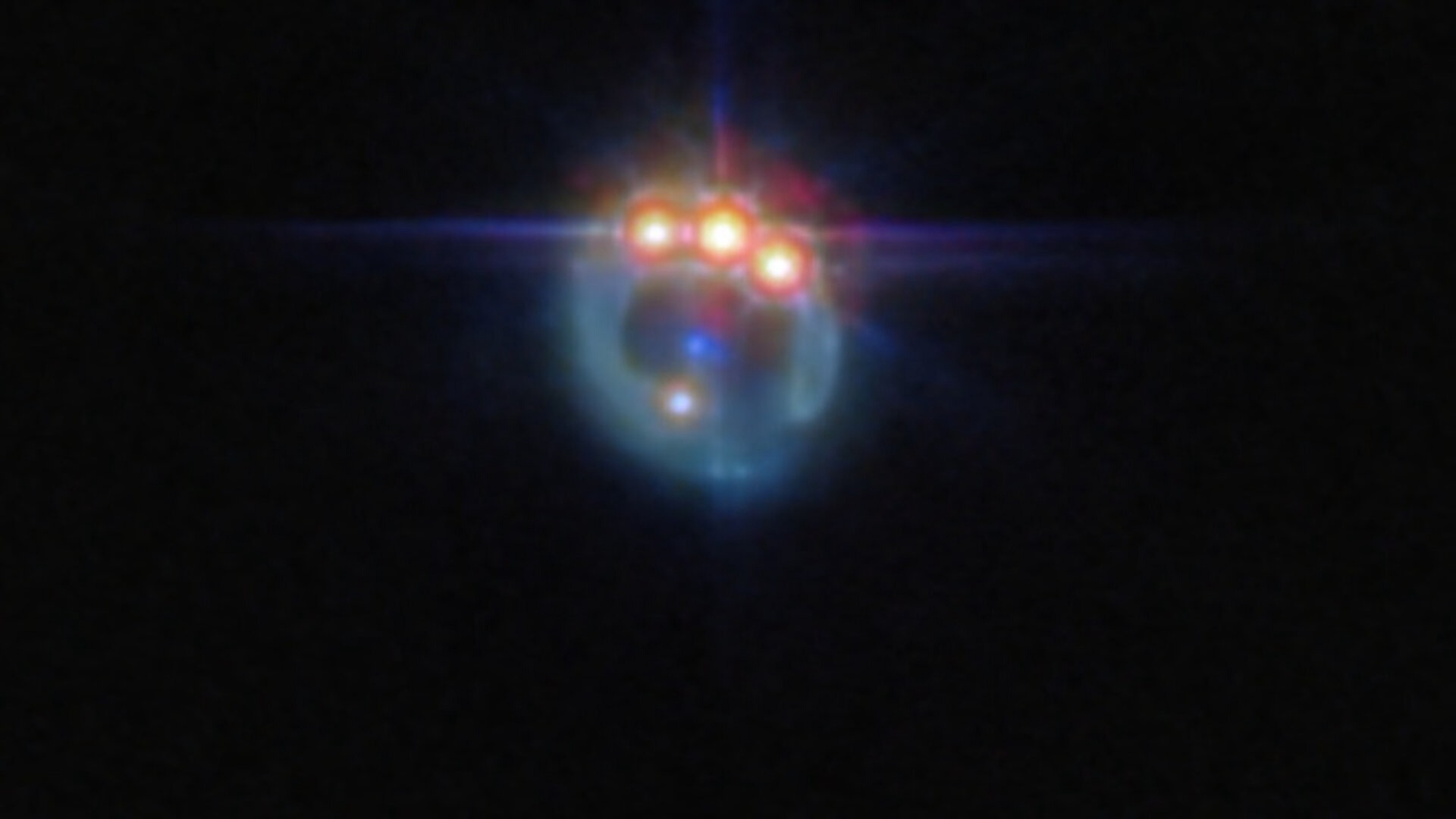
James Webb telescope spies bejeweled 'Einstein ring' made of warped quasar light
By Harry Baker published
New photos from the James Webb Space Telescope show off the bewitching beauty of the warped quasar RX J1131-1231, which is adorned with four bright spots birthed by mind-bending space-time trickery.
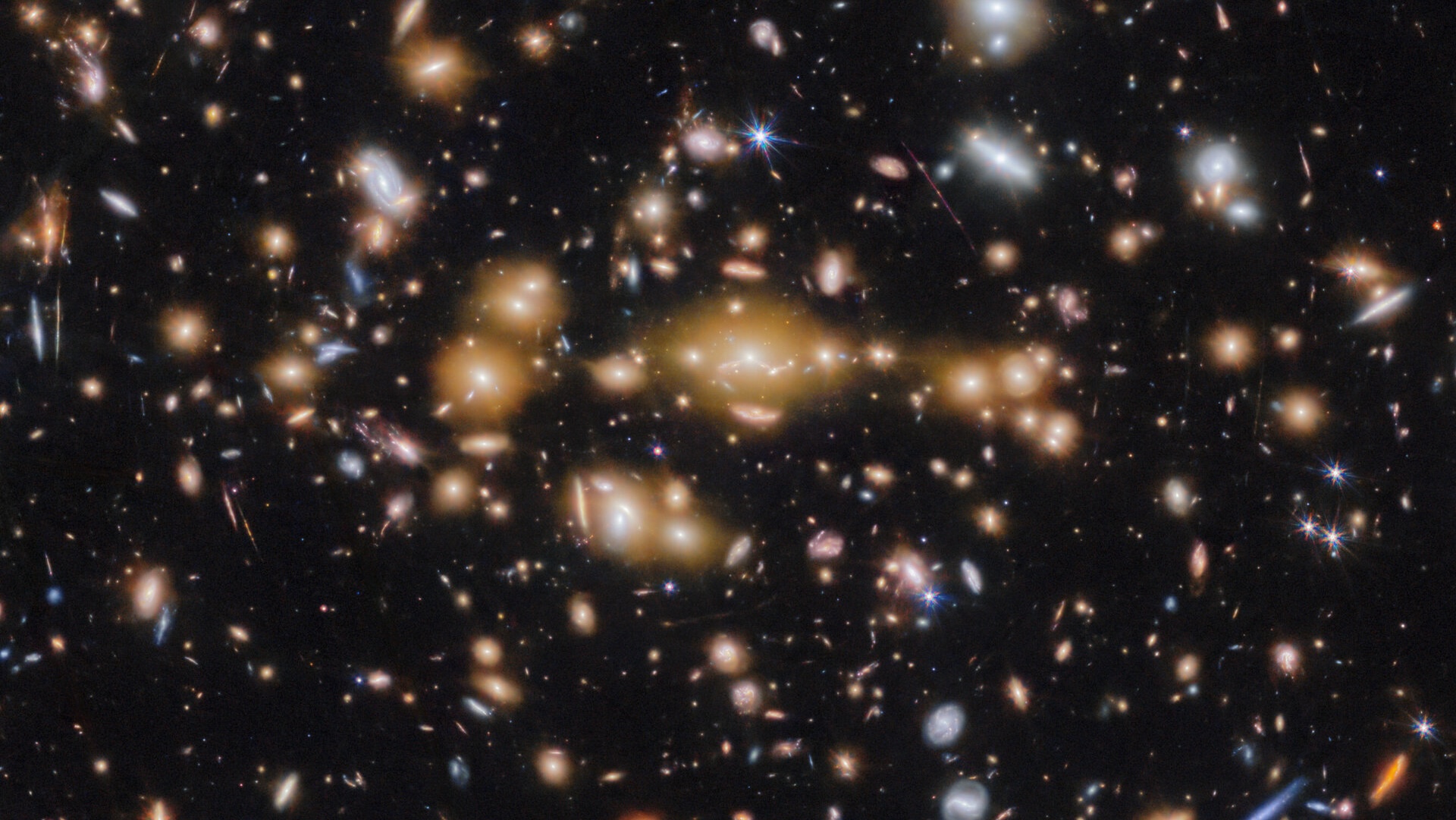
'The early universe is nothing like we expected': James Webb telescope reveals 'new understanding' of how galaxies formed at cosmic dawn
By Ben Turner published
Astronomers using the James Webb Space Telescope have observed five extremely dense proto-globular clusters along a hair-thin arc of glittering stars. The discovery could help them understand how the earliest galaxies formed.
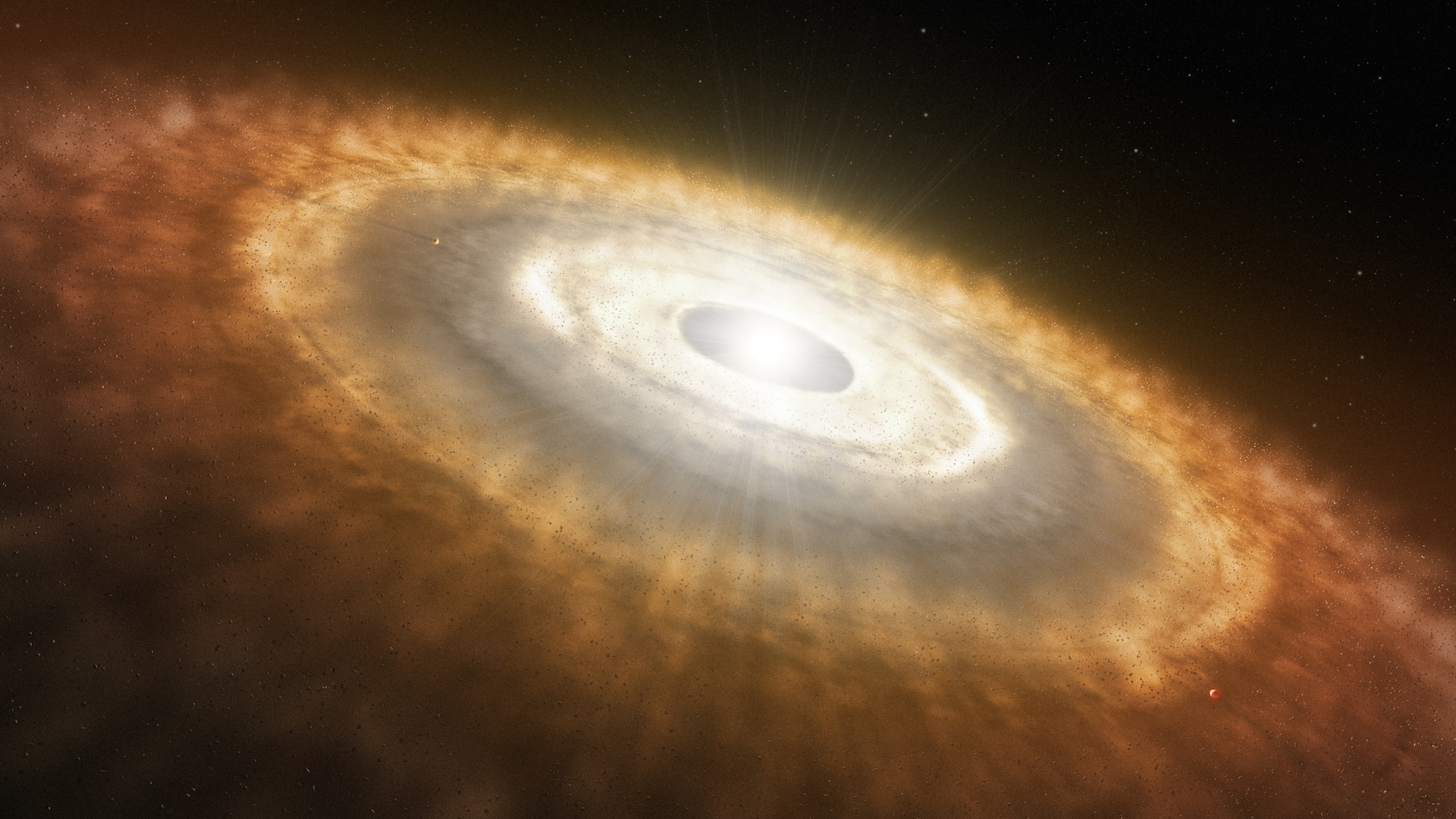
James Webb telescope reveals 'cataclysmic' asteroid collision in nearby star system
By Ben Turner published
The James Webb Space Telescope has caught a snapshot of two massive asteroids colliding in a nearby star system — and it could teach us about how common solar systems like our own are.
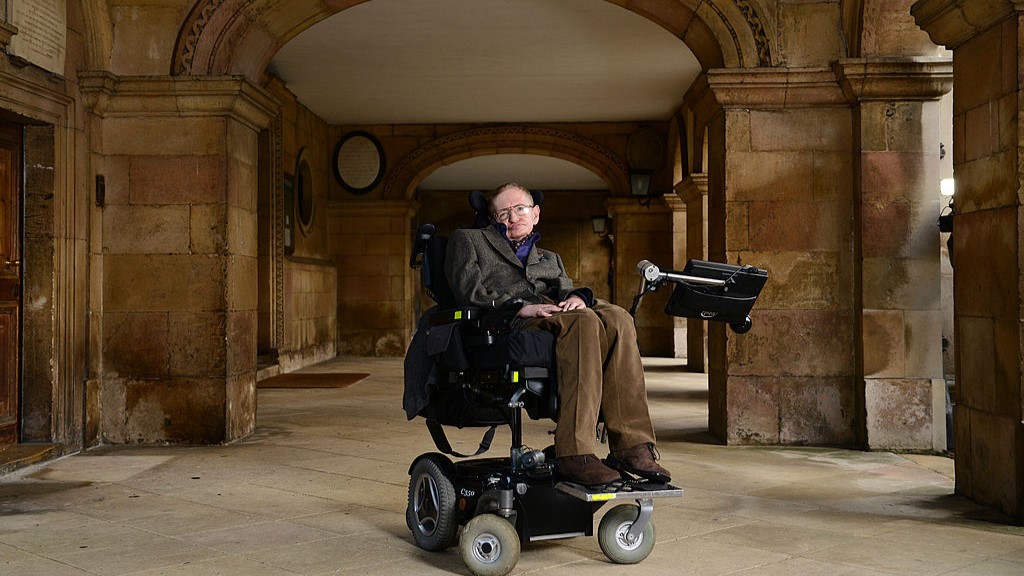
'Physics itself disappears': How theoretical physicist Thomas Hertog helped Stephen Hawking produce his final, most radical theory of everything
By Ben Turner published
Thomas Hertog tells us how he collaborated with Stephen Hawking on his final theorem — a Darwinian revolution in physics that explains the origin of time.
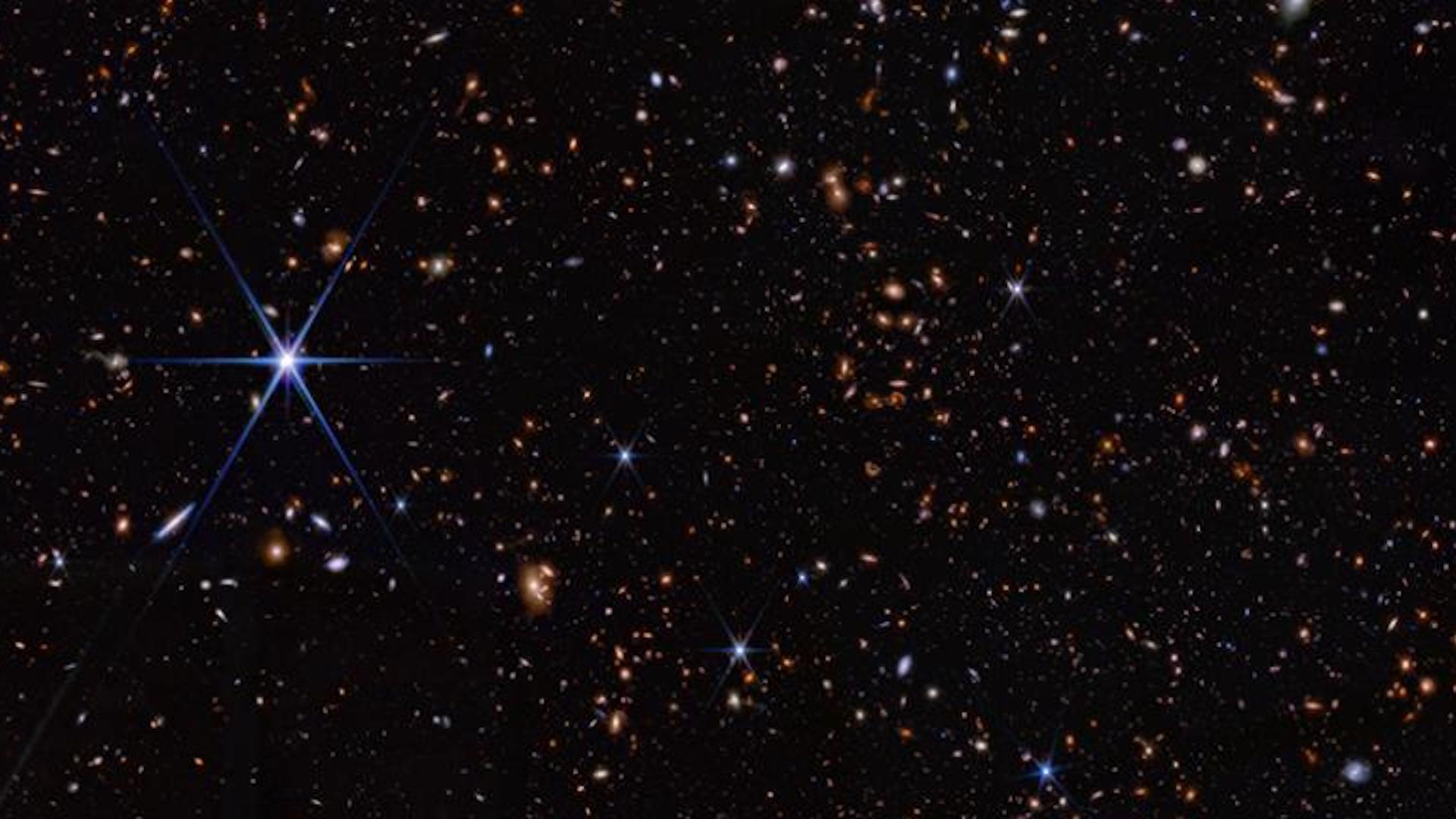
James Webb telescope finds carbon at the dawn of the universe, challenging our understanding of when life could have emerged
By Ben Turner published
The James Webb Space Telescope has found carbon in a galaxy just 350 million years after the Big Bang. That could mean life began much earlier too, a new study argues.
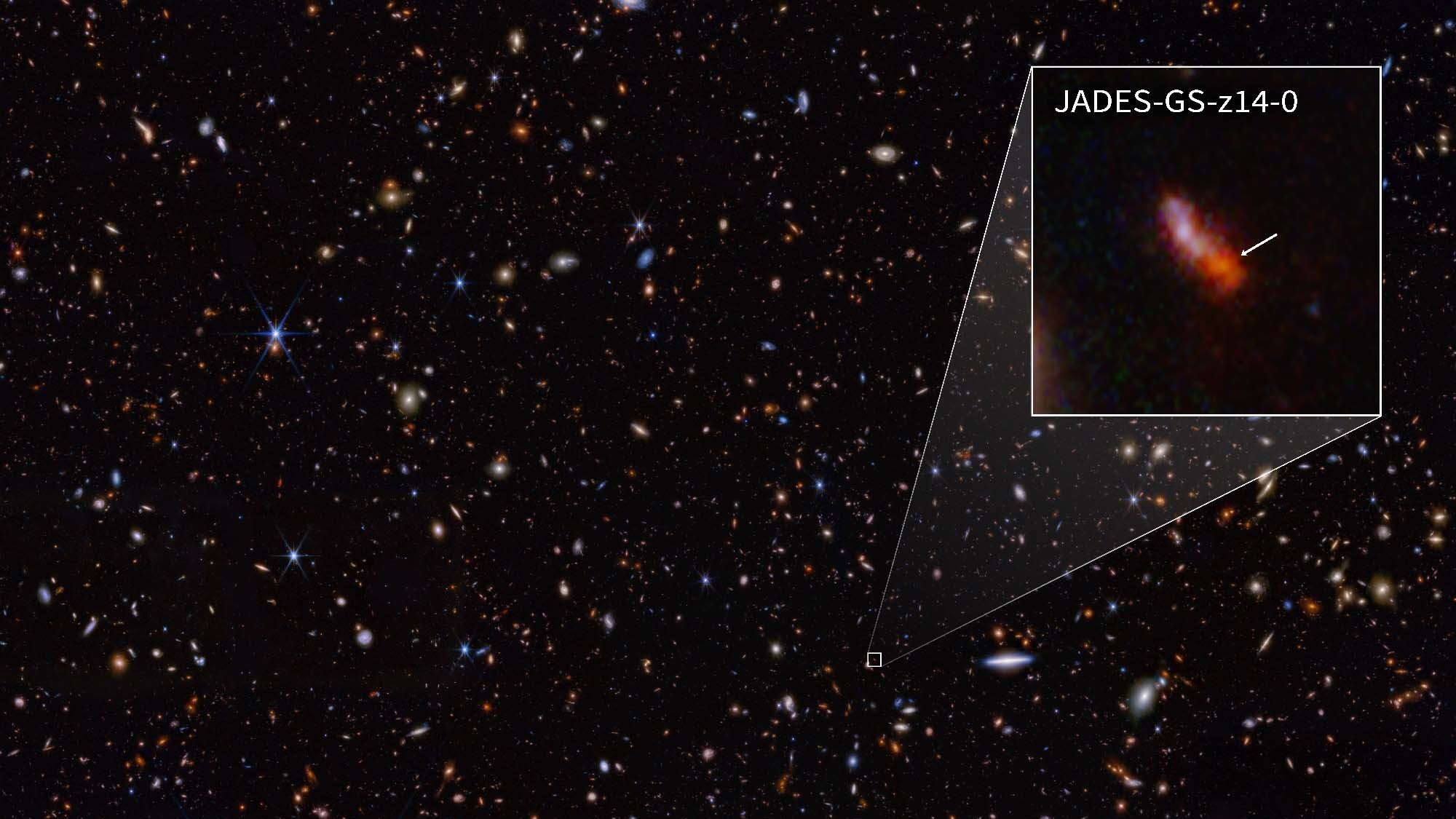
James Webb telescope discovers earliest galaxy in the known universe — and its shockingly big
By Brandon Specktor published
The James Webb Space Telescope has detected the two earliest, most distant galaxies in the known universe, dating to just 300 million years after the Big Bang. The detection of even earlier galaxies is likely to follow.

James Webb telescope sees 'birth' of 3 of the universe's earliest galaxies in world-1st observations
By Brandon Specktor published
The James Webb Space Telescope may have spotted the birth of some of the earliest galaxies in the universe for the first time ever, new research hints.
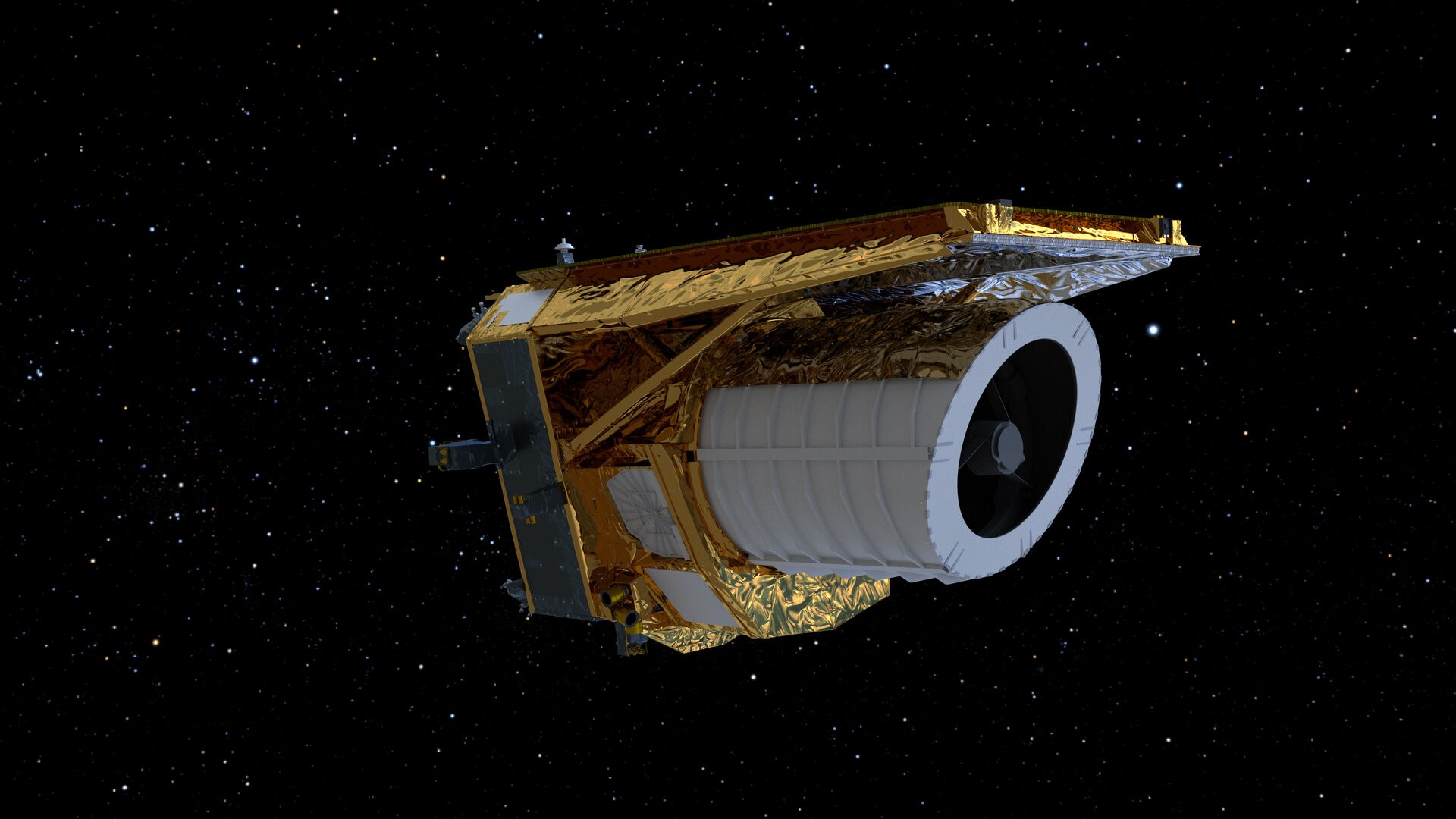
Euclid space telescope: ESA's groundbreaking mission to study dark matter and dark energy
By Ben Turner last updated
The Euclid space telescope uses its incredibly wide field of view to hunt for two of the universe's most mysterious components: dark matter and dark energy. The six-year mission could change cosmology forever.
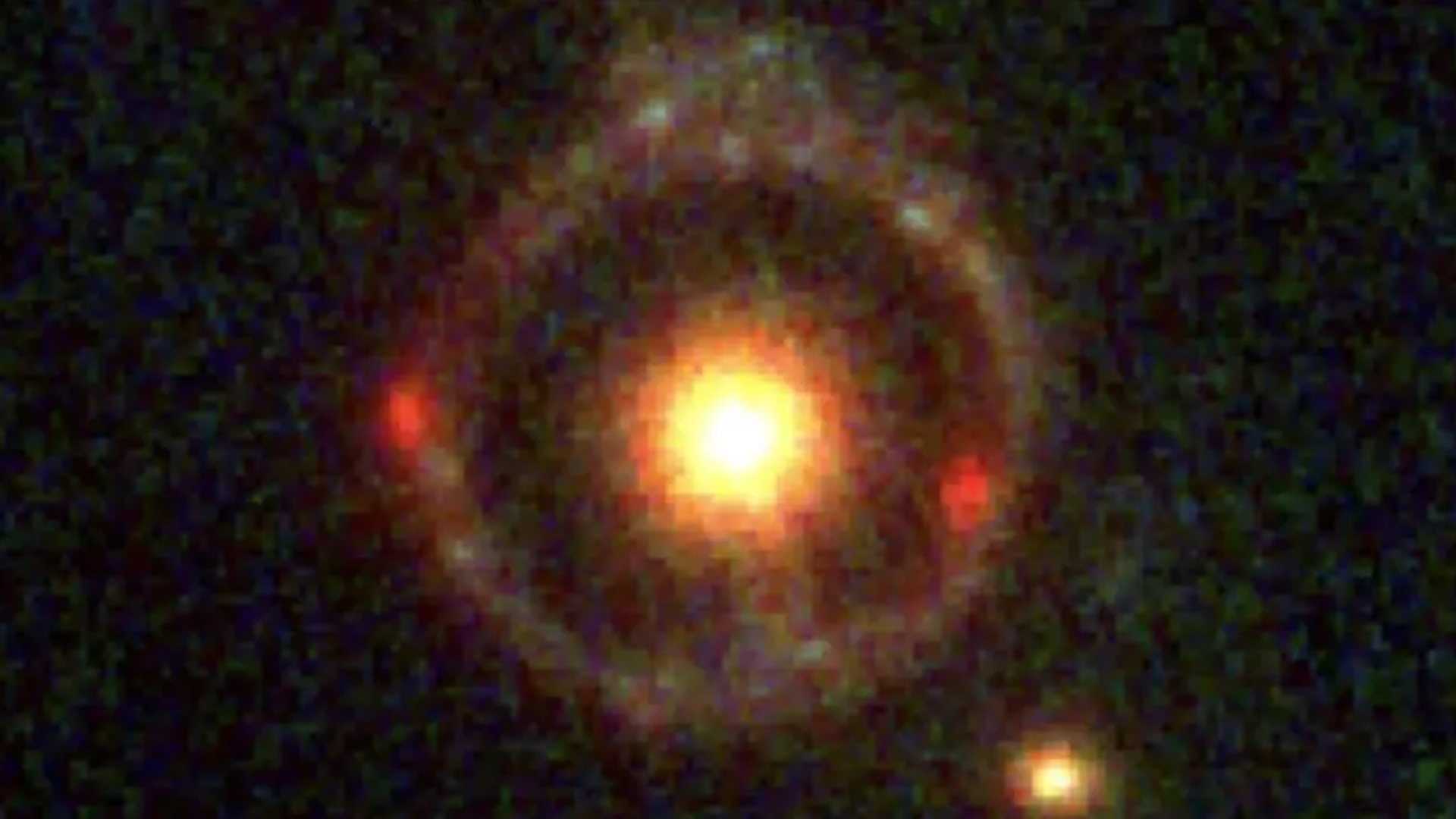
Researchers solve mystery of inexplicably dense galaxy at the heart of perfect 'Einstein ring' snapped by James Webb telescope
By Harry Baker published
The James Webb Space Telescope discovered an inexplicably dense galaxy inside an "Einstein ring" last year. Now, researchers think they can explain this cosmic conundrum.
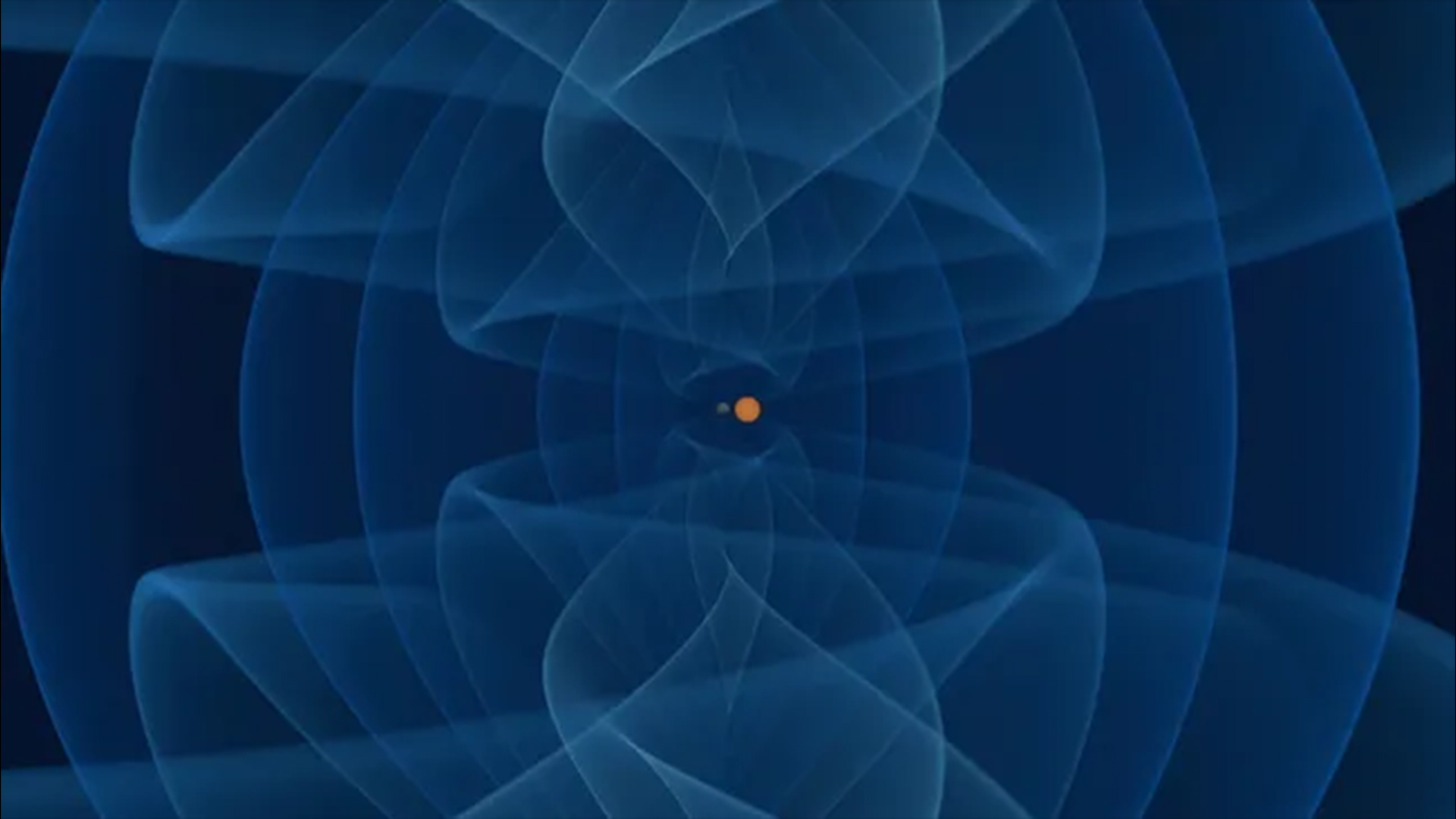
Gravitational waves reveal 1st-of-its-kind merger between neutron star and mystery object
By Sharmila Kuthunur published
Ripples in space-time point to the merger of a neutron star with another mystery object. The object, which falls right within the mass-gap range, sheds light on a long-sought, murky realm.
Sign up for the Live Science daily newsletter now
Get the world’s most fascinating discoveries delivered straight to your inbox.
